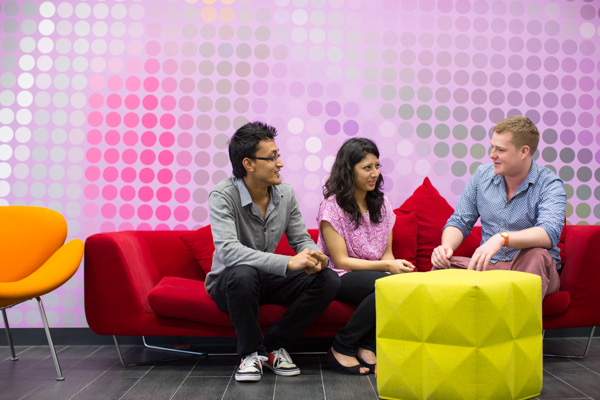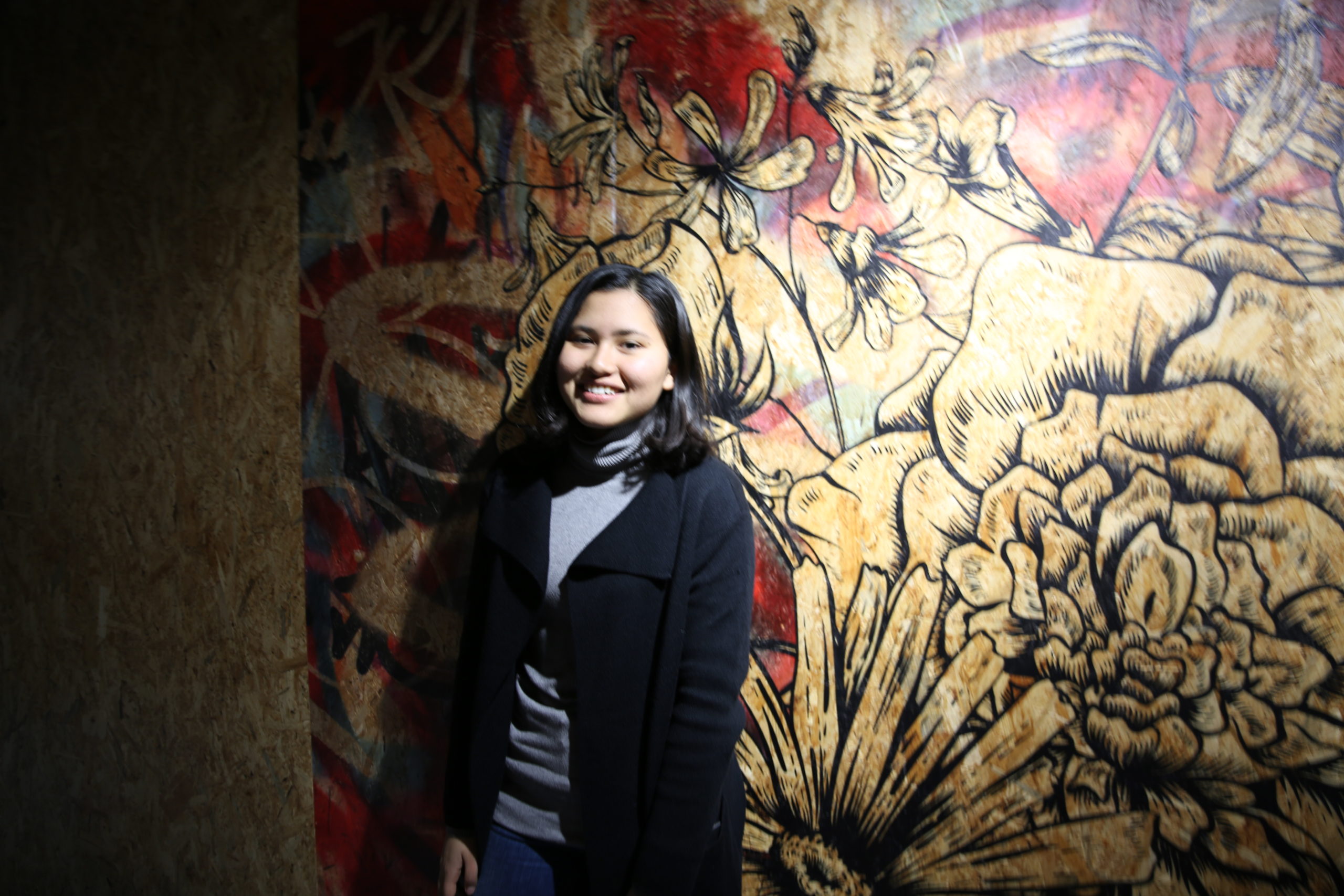
A successful start in international higher education for Nepalese students is enhanced by good preparation and accessing dedicated programs.
According to a Dutch study, students are successful in their first year if they have positive interactions with their learning environment including teachers and during class time rather than if they achieved a high-grade point average during high school. Universities and higher education institutions should also help students develop self-management skills including time management, help seeking behaviour and goal setting.
“Commencing higher education involves a major transition for all students, particularly those moving internationally to study for the first time,” said Ms Susan Sherringham, Program Manager – UTS Foundation Studies, UTS Insearch.
“Not only must students acclimatise to a new style of education; they are learning in second language, adjusting to a new educational system, all while learning to live in new city, away from parents and friends for the first time. I have great admiration for these students.” she said
There is a significant body of research examining what helps first year students succeed in their transition from school to higher education and university. A recent study of 1700 student at eight Australian universities identified several strategies to improve student retention rates. The researchers found that those students who thrived in their first year at university developed a sense of belonging, made friends with peers, were engaged intellectually and had support that helped reduce the stress of their studies.
Creating a sense of belonging
“Arriving in a new country is an exciting time but it also involves navigating complexities such as finding accommodation, managing the cost of living, making banking arrangements and putting in place suitable health cover,” said Ms Sherringham.
She highlighted the importance of engaging in Orientation and preparation activities on arrival.
“Students who participate in the events that are run during Orientation and Preparation Week are ahead of other students. The activities during this time introduce students to their teachers and to the curriculum and learning expectations in a relaxed, supportive environment before classes formally commence. This is a valuable introductory experience that prepares students for study success. It is also important to meet other students who are starting in higher education for the first time, as well as students who have already been through that experience and can help them settle in.”
While university is a time for studying, it is also an opportunity to build new networks, friendships and have fun. As part of a university experience, students can join in social clubs, events and sporting activities where they can meet people with similar interests.
“Whether they are interested in photography, music, video games, languages, learning about culture, raising money for charity or helping the environment, there is something for everyone to enjoy, and this helps with establishing new friendships,” said Ms Sherringham.
Feeling supported
Higher education providers, such as UTS Insearch, are mindful of supporting students’ health, safety and wellbeing. This includes offering peer tutors for support in class, access to weekly one-on-one learning support sessions, study success advisers to discuss progress and future study plans, or counsellors to assist with personal difficulties such as stress, time management or financial issues. There are ‘early intervention’ programs, which quickly identifies students who may need extra assistance in core skills, and can be proactively offered personalised learning support.
Shristi Sakya, who came to UTS Insearch from Kathmandu, remembers the support she received while studying for her Diploma of Business. “At UTS Insearch, the depth of curriculum and the genuine care from the teachers were the most distinct experiences for me. The teachers are very understanding and patient. Since most of the students are international, communication is important, and they understand this.”

In her first year, Shristi did so well she was received the Dean’s Merit Award for topping her first semester of study, and is now studying for her Bachelor of Business degree at UTS.
Intellectual Engagement
To ensure students get the most from their studies and are intellectually engaged, UTS Insearch has developed a targeted Model of Learning that is well-suited to those transitioning from high school internationally. Classes are small, student-centred, and taught with contemporary facilities and technology.
“We offer extra learning support to help make complex concepts more manageable. Students learn how to think creatively and critically, problem solve, collaborate and communicate effectively with others. This foundation in lateral thinking and core knowledge and skills, equips students as independent learners to succeed at university and beyond, in professional and leadership roles,” said Ms Sherringham.





